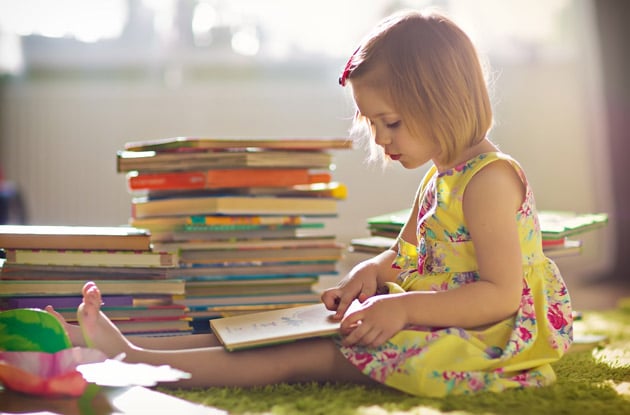
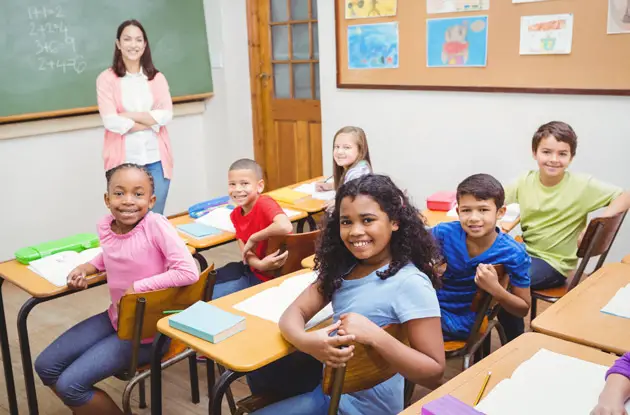
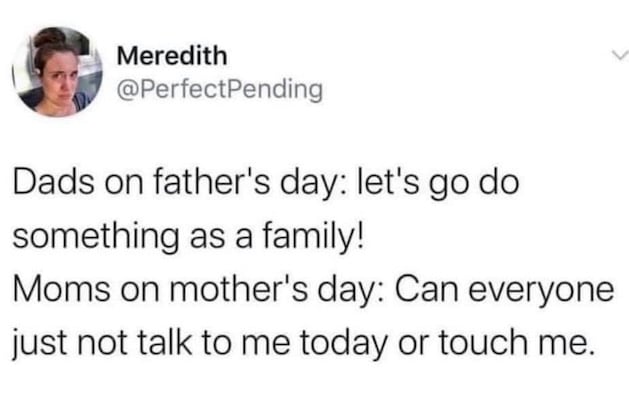
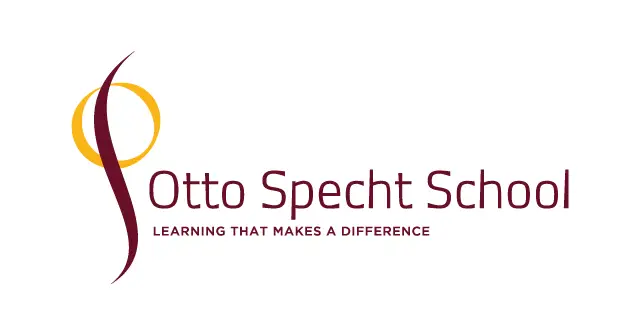
Chestnut Ridge , NY At the Otto Specht School, we work to discover each child's path to lifelong learning, offering a variety of educational programs designed to meet the...

Closter, NJ At Lindgren Nursery School it is our mission to engage young children in direct and meaningful experiences with the natural world and other people. We...
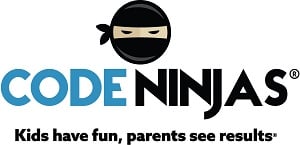
At Code Ninjas locations in Ramsey, Midland Park, Norwood, and Saddle Brook, kids have a blast learning to code by building their very own video games...
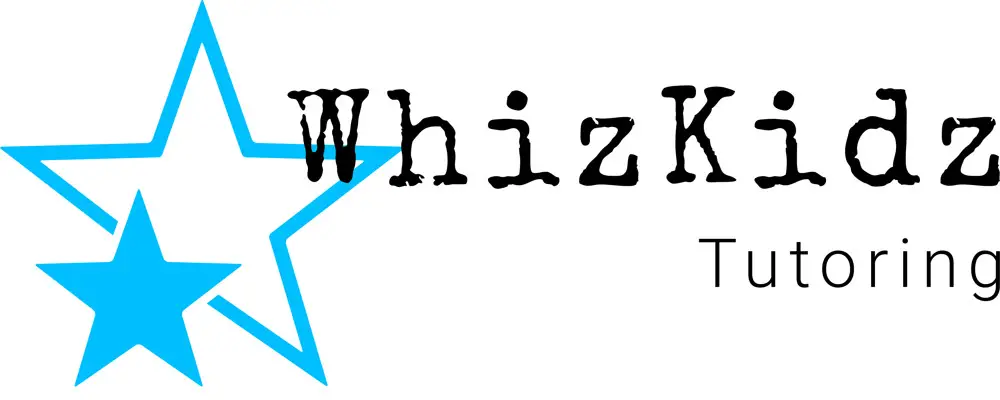
We provide expert tutoring in your Rockland or Bergen County home to fit your family’s busy schedule. Pre-K through College Prep, all subjects. Our tu...